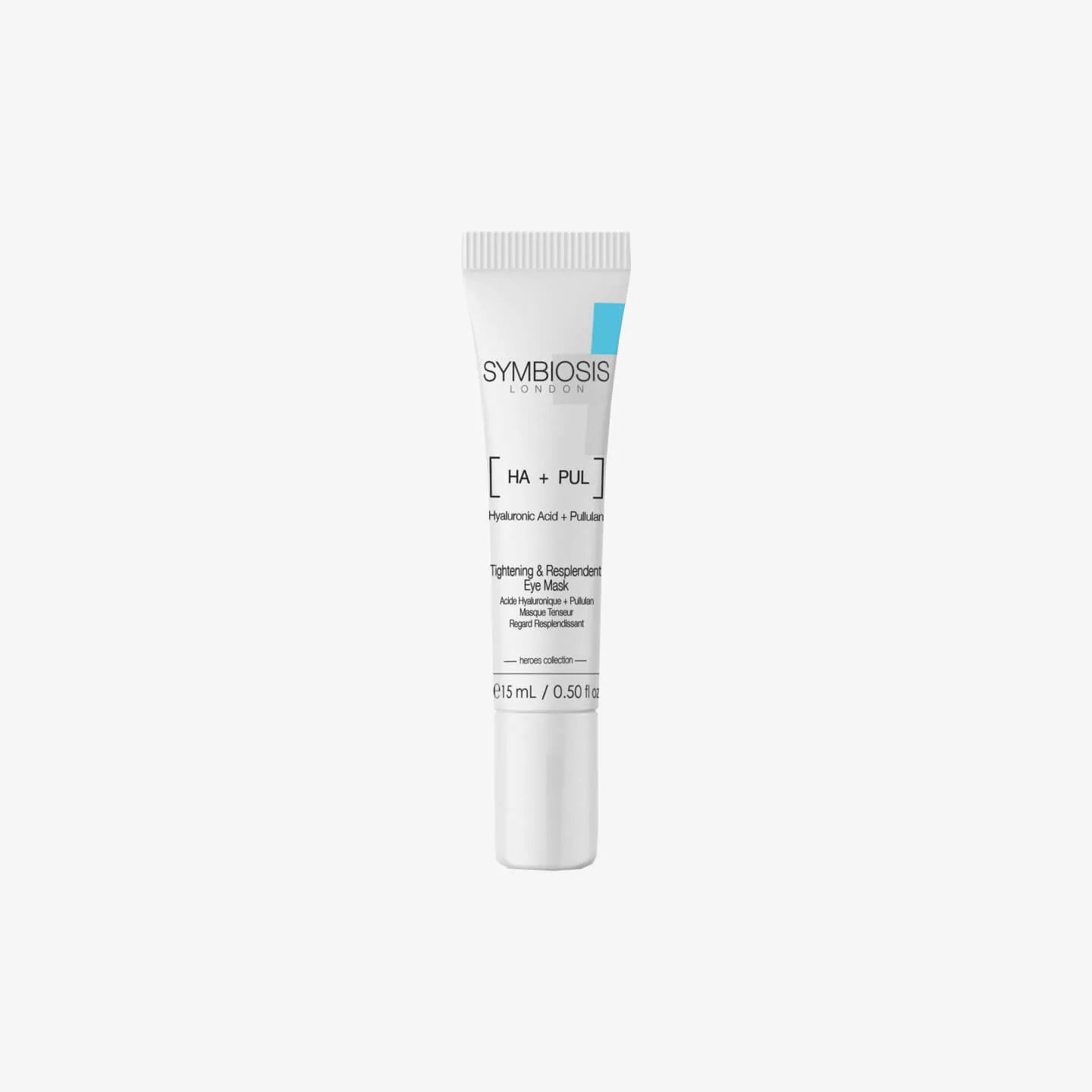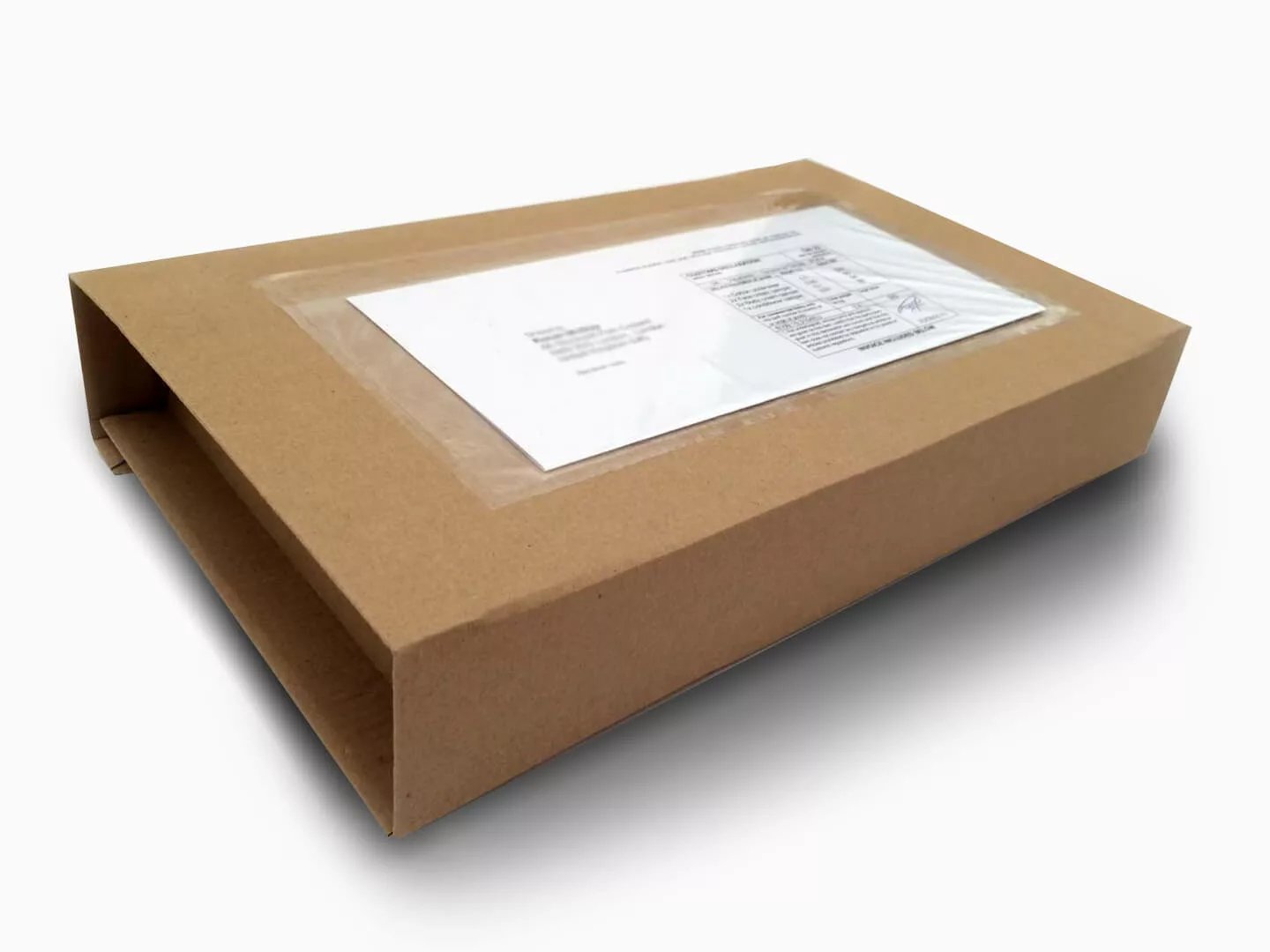Here’s all you need to know about face masks, ok?

From skin complaints, to tween sleepover activities, to alluring sparkly little packages – guys of all ages are reaching for face masks. But are these beauty indulgences overpromising the dramatic skin results they claim?
Here’s what we find out and wants you to know about face masks.
Being basic is OK
Everybody needs to know that when it comes to skincare that your priority should be cleansing, daily sunscreen and daily moisturising. But a face mask can be complimentary to a good skin care routine.
Face masks work by driving ingredients closer and deeper into the skin, infusing your pores and allowing the skin to soak up more of the product. Face masks can have the immediate effect that people are looking for, so although it may be temporary, it can give you a boost or glow for an event. For example like these two face masks from SSANAI.

This mask is formulated specifically for men, the SSANAI Tea Tree Sheet Mask effectively combines Melaleuca Alternifolia (Tea Tree) Leaf Oil and Camellia Sinensis Leaf Extract to help soothe irritated skin while hydrating the skin, leaving it refreshed, smooth and healthy.

This mask blended with charcoal powder to gently absorb impurities, remove dirt and purify skin to help reduce the look of pores for a soft, refined and refreshed complexion.
We have tried these masks and the effect that they have is just amazing! You definitely need to try both of them. *wink wink* If you sign up this month for the Out’n’Proud Pack then we’ll add those two masks to your pack.
Sheet masks are great for soothing if the skin is sensitive or inflamed from a procedure or even a sunburn. Sheets masks also tend to be more hydrating as it allows the moisturiser to be distributed and absorbed directly on the area via the paper. Cream masks, on the other hand, tend to be geared towards specific skin complaints and concerns such as acne or wrinkles.
Before using a face mask, be sure to wash your face with a gentle cleanser and warm water to remove any dirt. Using warm water allows the pores to stay open and for the ingredients to seep in better.
Focus on ingredients, especially for young skin
A lot of face masks on the market today claim to include exotic ingredients. But do you really want to slather glitter or mushroom juice all over your face? Many times, these fancy masks have a lot of fragrance, dyes and paragons – all of which can wreak havoc on your skin (especially sensitive skin).
We recommend reading the product label and looking for words such as: fragrance free, hypoallergenic and free of dyes and paragons. Using harsh chemicals, allergens and preservatives on your face can cause heaps of issues. You also run the risk of being allergic to one of the ingredients and irritating the skin. This is especially true for tweens, who tend to have more sensitive skin.
What face masks are good for your skin?
Have a skin complaint and looking for a quick fix? Here are a few common ingredients to look for on the label when trying to combat a skin concern:
Dry skin: hyaluronic acid.
Fine lines: anti-oxidants like vitamin C, vitamin E, resveratrol and ferulic acid.
Acne & blemishes: salicylic acid and alpha hydroxy acids (AHAs).
Rosacea: niacinamide.
Dark spots & pigmentation: soy, kojic acid, tranexamic acid and licorice root extract.
Oily skin: salicylic acid.
Price isn’t everything
Don’t forget that just because a product is expensive, doesn’t mean it’s better. Fancy and exotic ingredients in some face masks have not been studied in clinical trials and we don’t know if they’re safe yet.
If you want to do something simple and good for your skin, try a soothing mask from your dermatologist. You could even make your own mask at home by buying a sheet mask and putting your own moisturiser.
It’s best (and safer) to stick with face masks that have been tried and tested – not from a random ad or influencer you saw on Instagram.



